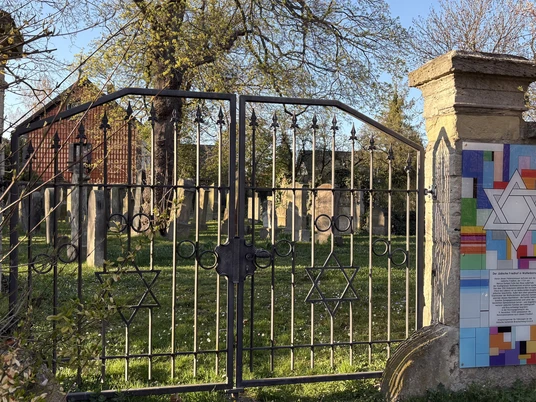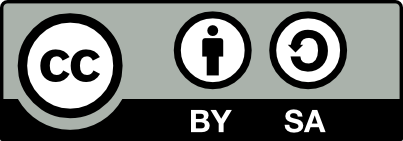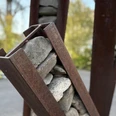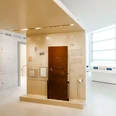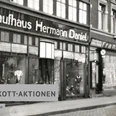Marcus Gumpel Fulda:
"This here... will one day be a cemetery. A place of remembrance, of rest - and perhaps also of comfort for our small Jewish community."
At the beginning of the 18th century, there was still no permanent Jewish community in Wolfenbüttel. The few Jewish families who settle here are dependent on the Jewish cemetery in Hornburg - around 18 kilometers away. Because of the great distance, it is laborious and time-consuming to bring the deceased there.
Marcus Gumpel Fulda:
"20 years... that's how long it took to find this place here. The city is growing, more and more land is being built on, and many of the soils are too damp or unsuitable. But now, finally, I am acquiring this land outside the city walls. It is firm, dry - and worthy of our dead."
Marcus Gumpel Fulda is a wealthy court Jew. Due to his position at the princely court, he enjoys privileges that are denied to most other Jews. He trades, acquires land and has connections to influential personalities. He used this position to campaign for the construction of the Jewish cemetery. The Jewish cemetery in Wolfenbüttel was officially established in 1724.
Marcus Gumpel Fulda:
"One day my son will rest here. And one day I will too."
In Judaism, it is customary to keep graves simple. The graves are placed according to the order of the date of death - from right to left, as read in Hebrew. Some gravestones bear symbols that indicate the origin of the deceased. Blessing hands mark the graves of temple priests, jugs and bowls indicate temple servants.
The first burial takes place ten years later - it is the son of Marcus Gumpel Fulda. Over the years, the cemetery is expanded several times as the Jewish community grows. It remained the central burial site for the town's Jewish population well into the 20th century.
Marcus Gumpel Fulda:
"Perhaps we will be forgotten one day... but this place will remain."
Today, the cemetery commemorates the life and history of Wolfenbüttel's Jewish community. Despite numerous setbacks - from exclusion and persecution to destruction during the Nazi era - it was restored in the 1970s thanks to private donations. Today it is a place of remembrance and a memorial against forgetting.
Good to know
Openings
Eligibility
for Class
for familys
for individual guests
Pet allowed
for Children of the age of 10 upwards
Payment methods
Contact person
Stadt Wolfenbüttel - Abteilung Tourismus
Author
Lessingstadt Wolfenbüttel
Organization
Lessingstadt Wolfenbüttel
License (master data)
Lessingstadt Wolfenbüttel
Our recommendations
Nearby
